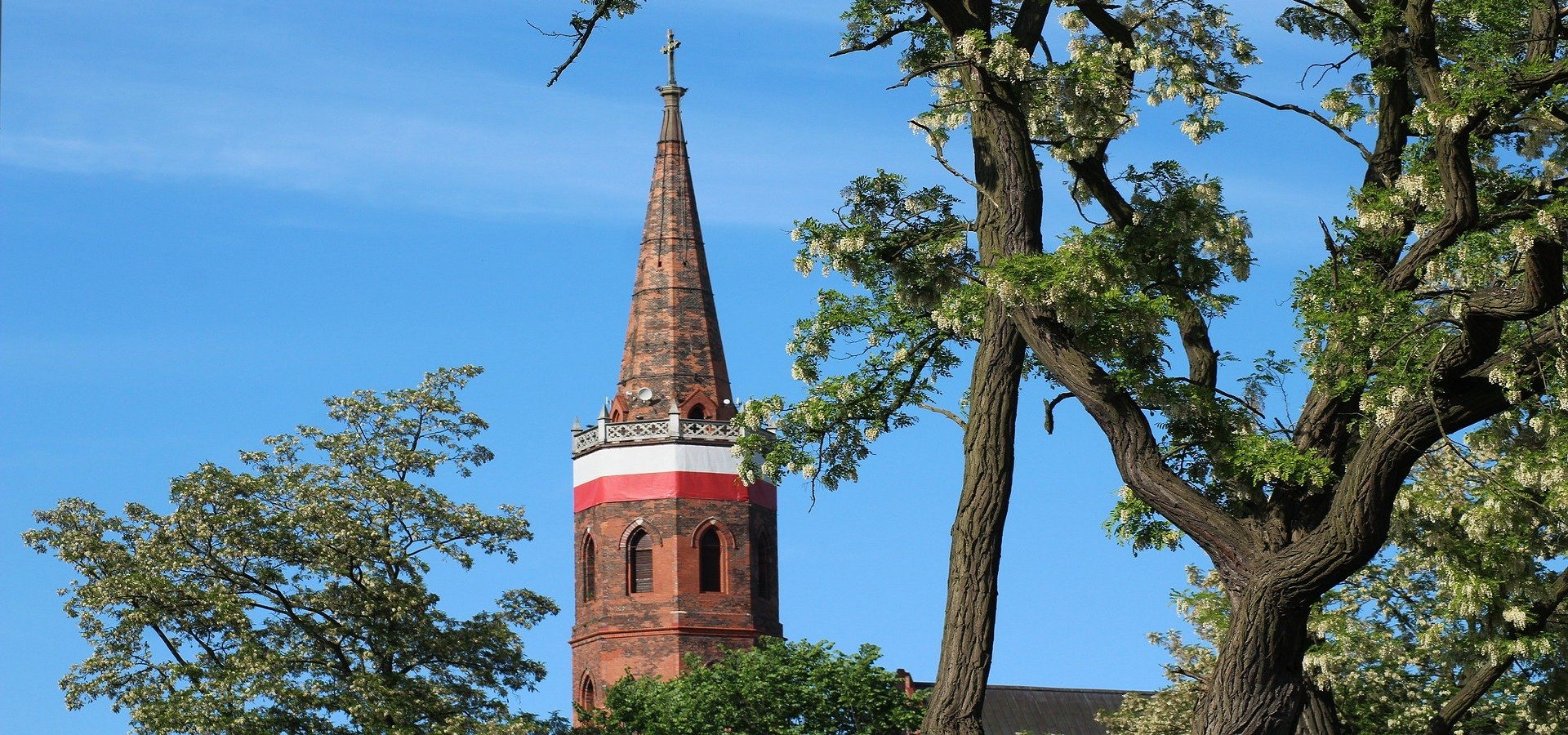The time to panic is clearly upon us. No more beating around the bush: we must recognise the inevitability of the climate catastrophe. But has everyone noticed it yet? The beginning of 2020 saw the premiere of a documentary by American director Jonathan Ramsey about the Polish atmospheric physicist Szymon Malinowski, who is fighting for the climate. The film’s title announces that It’s okay to panic. It would appear that the public is realising that the time has come for controlled panic, or rather for action. The film presents determined social activists and wise scientists. There are still plenty of politicians and media outlets that have not recognised that it is time to panic, nor noticed the inevitability of climate change in the country and the world. Where does this resistance come from? What is the climate debate in Poland like, and who is generating it? Agata Skrzypczyk reports
The movie It’s okay to panic opens with several statements on climate change by Polish politicians. President Andrzej Duda admits in January 2019 that he does not know to what extent humans are in fact contributing to climate change. Prime Minister Mateusz Morawiecki says in August 2018 that neither drought nor rain can be predicted. He suggests prayer rather than tracking the climatic changes that can already be predicted based on human activity.
These statements are shockingly juxtaposed with the reflections of Szymon Malinowski, a 62-year-old atmospheric physicist, director at Institute of Geophysics at Warsaw University and professor of Earth sciences, who warns: “… the climate catastrophe is coming, and this is the very last moment when we can do something about it”.
Scientists, activists and citizens alike have ever more detailed knowledge about the changing climate in Poland, the reasons behind the phenomenon, and its consequences. Among the Polish public, new activist movements and initiatives to protect the natural environment are emerging. They often arise out of a grassroots incentives to act. Examples include the Wild Carpathia initiative [Inicjatywa Dzikie Karpaty] that fights against deforestation in the wild carpathian Polish mountains and the Green Days movement [Zielone dni], an event that brings together various organisations working for climate protection. Similarly, civil society is very active in the just transformation of Poland’s coal areas, setting up, among other things, the Eco Women Academy [Ekologiczna Akademia Kobiet], which aims for the transformation to be conducted inclusively, taking into account the voices of women in all coal regions.
Poles are becoming aware of climate change. This is shown, for example, in studies conducted in mid-2019 by IBRiS for the daily Rzeczpospolita, showing that over 87 percent of respondents think that climate change is happening, and that only eight percent of respondents do not believe that climate change is real. Fewer than five percent of respondents had no opinion on the matter, which shows a very high level of public awareness.
Voters on all political sides also agreed that environmental protection should be one of the most important issues during the Polish presidential campaign last year. This was shown by a similar study conducted by IBRiS in 2019.
So where does it come from, this climate denialism that is primarily found among politicians of the ruling PiS party? Some scientists hold that climate change, which should be irrefutable, has become contentious mainly because economically liberal politicians fear overregulation. This is also true in, for example, the US, where John Holdren, former science adviser to the President Barack Obama, said that most Republicans are aware of global warming but deny it for fear of heavy regulation in the industries they support.
Poland is facing an energy transformation, with coal to be gradually phased-out in favour of renewable energy. Coal based Polish region, Eastern Wielkopolska has already announced a coal cessation until year 2030. Is there a desire to slow this transformation causing politicians to try to refute any link between the country’s energy policy and climate change? President Andrzej Duda stated in January 2019 that climate change had always existed and had natural causes. He said that scientists’ opinions on humanity’s blame in the matter varied greatly, while casting doubt on the impact our actions have on the climate. At the same time, during the last election campaign, the same president paid no attention to the climate at all.
In the maxim frequently ascribed to Mark Twain, a lie can travel halfway around the world while the truth is still putting its boots on. The only way to stop lies is to strengthen civil society. It is social action that brings issues such as logging in the Puszcza Białowieska primeval forest, the role of women in the energy transformation or the fight for animal welfare into the public consciousness and puts them on the political agenda.
It is citizens who are demonstrating the greatest knowledge and awareness in the Polish climate change debate. It is they who, with their determination, are pushing ecological projects and topics onto the Polish political agenda. Nonetheless, it would be nice if politicians felt compelled to shape this ecological discourse themselves.

Load the PurpleAir real-time map on your browser, zoom the map window to cover all Europe, and you can see the difference immediately from the colour-coded map pins. The sensors in Poland are recording around 3x those n western Europe, even its mot heavily industrialised regions like the Ruhr. The other black spot is of course is the Balkans. It can’t possibly be due to higher road traffic, so it must be coal burning.